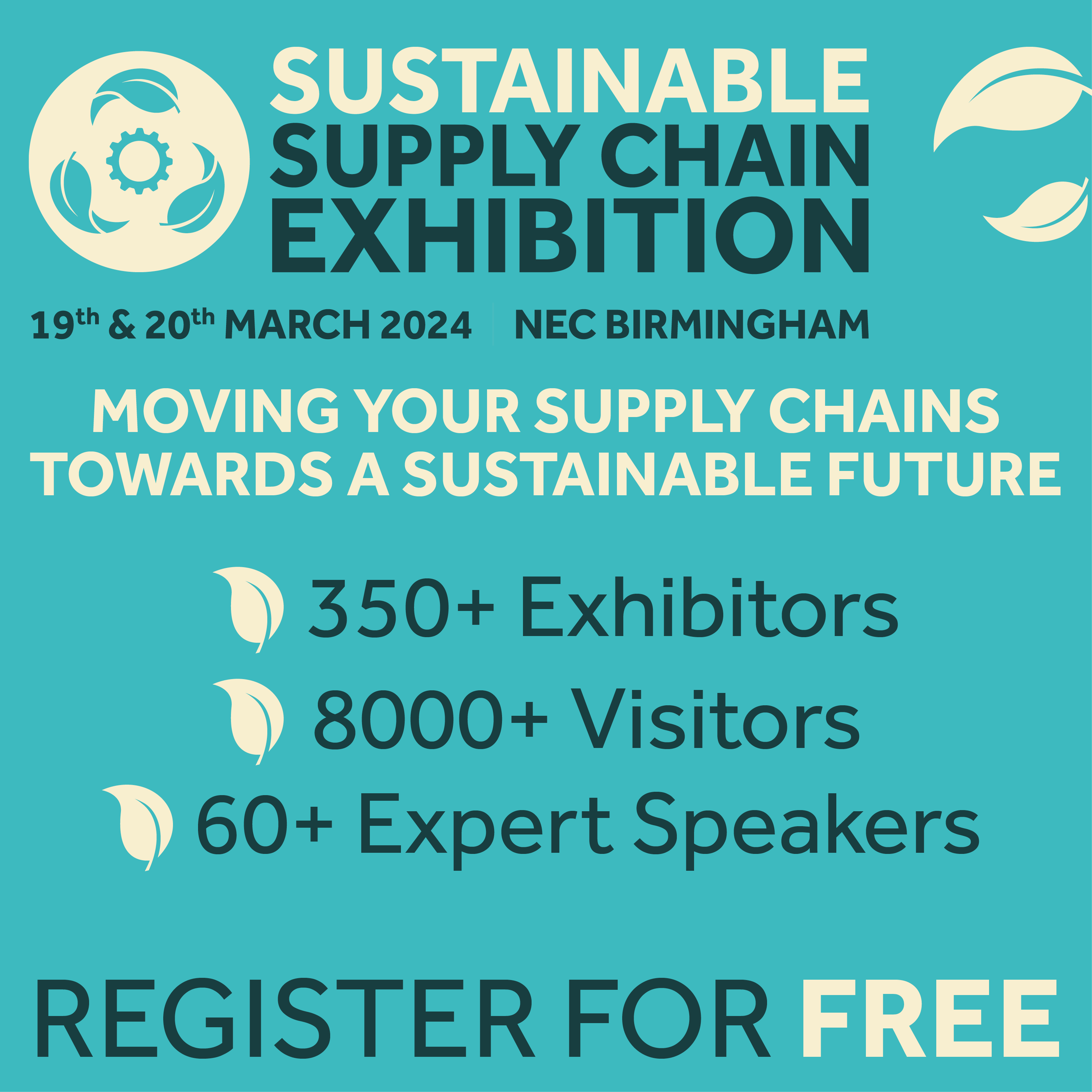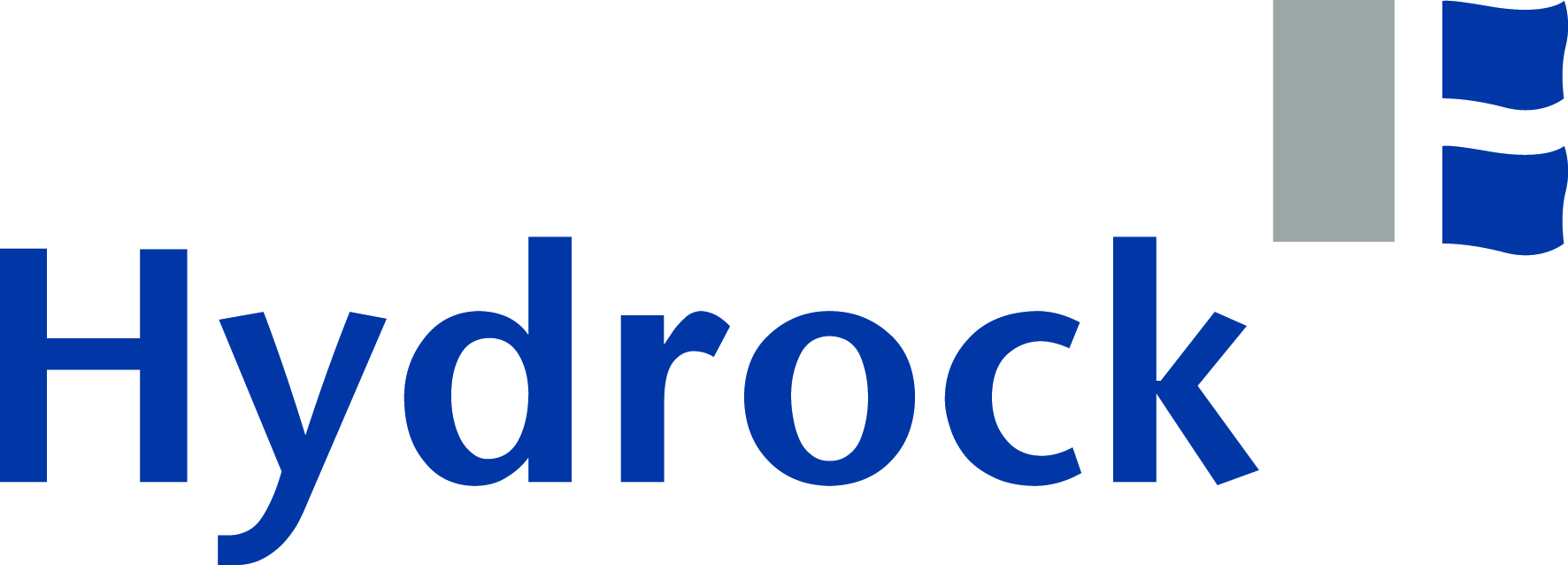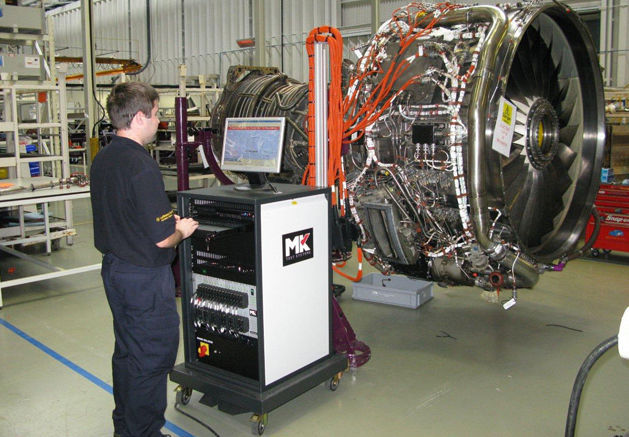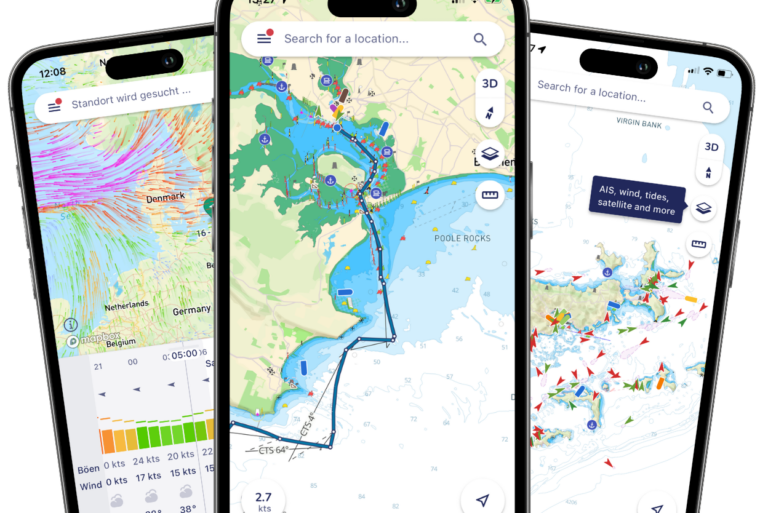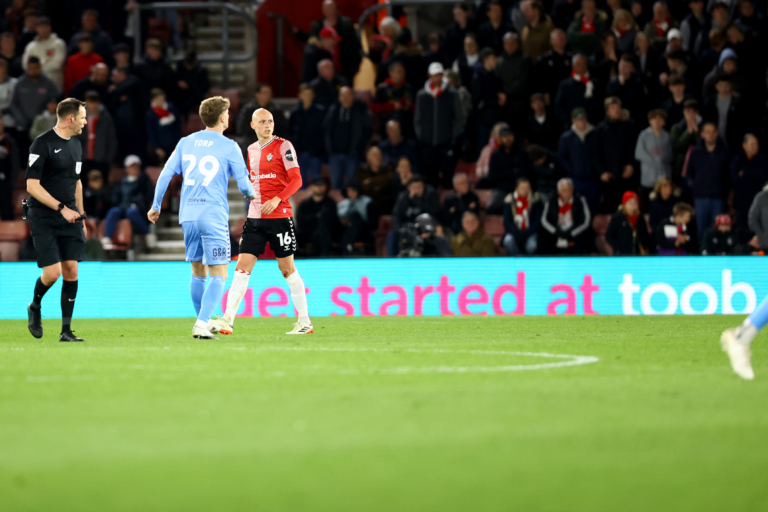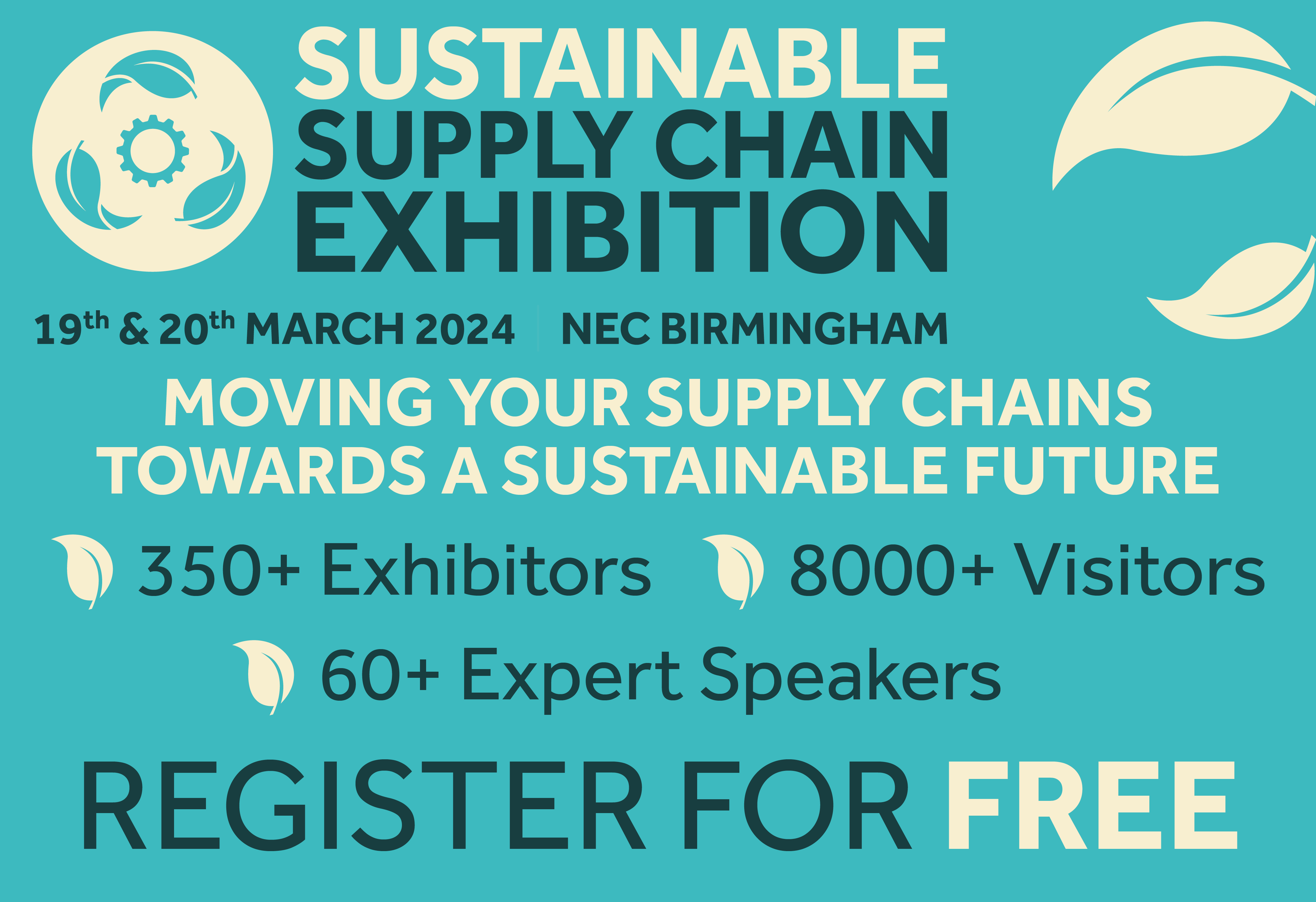Paddy Lowe of Oxford's Zero Petroleum on creating the next generation of aviation fuel
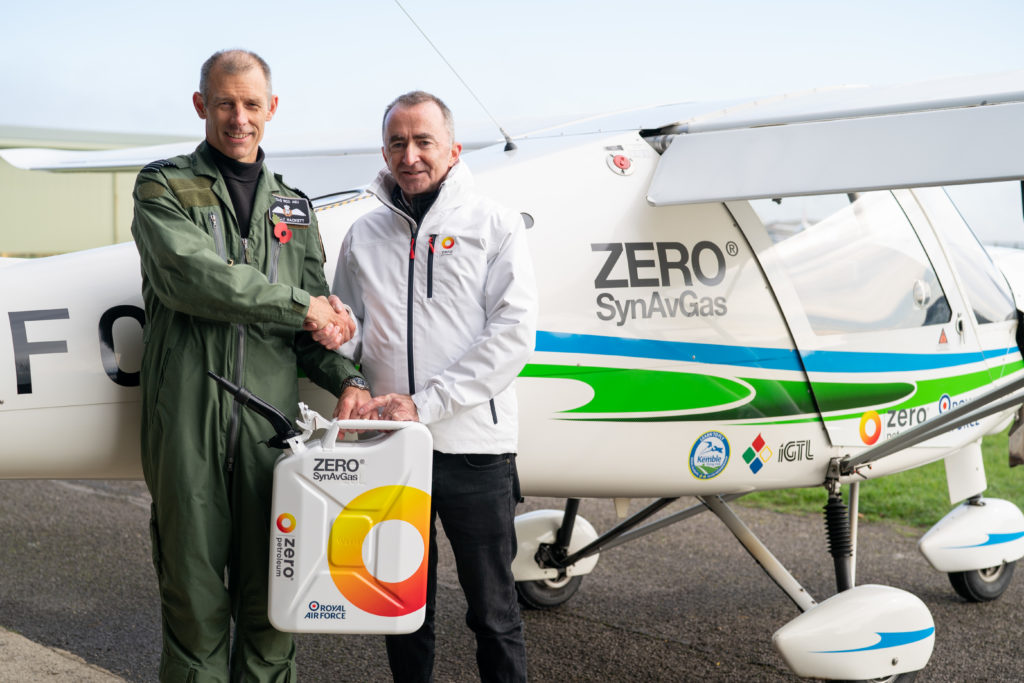
Paddy Lowe is one of the most successful engineers that Formula 1 has ever seen, including leading the Mercedes technical team to its most successful season: 19 wins from 21 races. Now he’s turning his talents to delivering a carbon neutral future
Can you fly an aeroplane fuelled only by air and water? Yes, it’s already been done.
In November 2021, Group Captain Peter Hackett of the Royal Air Force flew an Ikarus C42 aircraft from Cotswold Airport in Gloucestershire. It was powered entirely by a unique synthetic gasoline made by Zero Petroleum. The 20-minute flight secured a Guinness World Record for the world’s first successful flight powered entirely by synthetic fuel.
“I left Formula 1 without a definite idea or plan, but when I started to look around, it was obvious that while electric vehicles are great for domestic use, pretty much every other form of transport exists to move heavy goods or large numbers of people. To do that we need liquid fuels, because the energy density of liquid fuel is 50 times better, when compared to battery."
Paddy lowe
Zero Petroleum’s unique fuel has been developed by Paddy Lowe and Professor Nilay Shah OBE. Paddy is one of Formula 1’s most successful engineers, Professor Shah is one of the world’s most talented and respected chemical engineers.
READ MORE: Oxford's Velocys awarded two UK Government grants totalling £29.5m
And considering the men only co-founded Zero Petroleum in 2020, their progress has been phenomenal.
Synthetic fuel shouldn’t be confused with biofuels which are made from organic matter, or fuels made from waste such as cooking oil. The raw materials of Zero Petroleum’s synthetic fuel are simply air and water – carbon dioxide is captured from air and hydrogen extracted from water. When the fuel is burned, it emits simply the CO2 that was extracted to make them in the first place and if green electricity is used to power production, the fuel is totally carbon neutral.
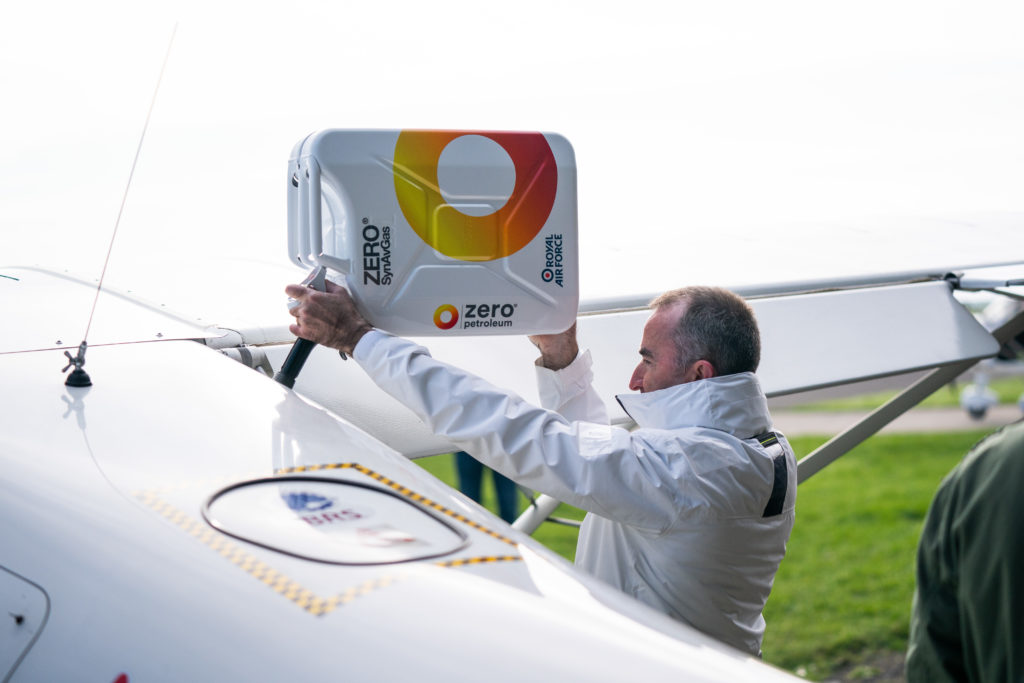
This isn’t the first time in his career that Paddy has pioneered new technologies – some of which were so innovative in their time that they were banned (which he considers a bit of a compliment), such as traction control, active suspension, powered brakes and an F-duct in the rear wing. “Other innovations we developed in Formula 1 are still being used such as electronic shift on the steering wheel and seamless shift – a gear change with no interruption.”
He spent more than three decades in Formula 1, serving as Chief Technical Officer at Williams Racing, Executive Technical Director at Mercedes and Technical Director at McLaren.
What made a topflight Formula 1 engineer leave a successful automotive career for one in the emerging sector of sustainable aviation fuels?
“Formula 1 is energy on display. That’s what creates the drama: the speed, the noise, the glowing brakes – that’s what I find exciting. If you take me to an air show all I want to see is the reheat on a fast jet, take me to a firework display and the really big rockets are the draw.
“But the world has a big problem, we can’t consume fossil fuels like we have been doing, we need to live in a circular economy.”
READ MORE: 6 sustainable tech companies in the Thames Valley to watch
He could have moved into Formula E, but for a man who loves speed and sparks, it didn’t cut the mustard.
Electric vehicles are great for domestic use, but not for commercial
“I left Formula 1 without a definite idea or plan, but when I started to look around, it was obvious that while electric vehicles are great for domestic use, pretty much every other form of transport exists to move heavy goods or large numbers of people. To do that we need liquid fuels, because the energy density of liquid fuel is 50 times better, when compared to battery.
“Planes, ships, trains – even combine harvesters need to be powered by liquid fuels because of their energy density.
“The minute you hand over a large proportion of that payload to store energy for motion, in the form of a heavy battery, a plane won’t take off and a combine harvester will sink in the field.
“Zero Petroleum’s fuel is the answer.”
Paddy really does know what he’s doing. In 2015 he was elected a Fellow of the Royal Academy of Engineering. Co-incidentally, so was his elder brother Professor Michael Lowe (also an eminent engineer). In fact, they became the first brothers to both be elected as Fellows.
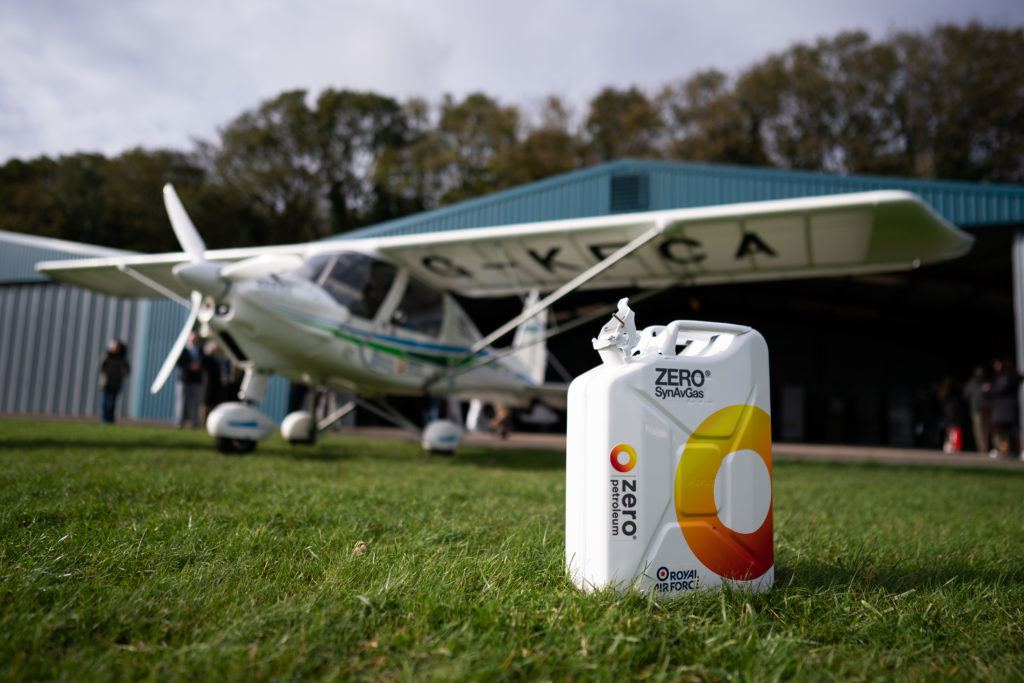
Having spotted that synthetic fuels could be the long-term answer to replacing fossil petroleum, Paddy got together with his Zero Petroleum cofounder Professor Nilay Shah.
“We did a lot of laboratory work and by 2021 we had a recipe for synthetic fuel that was good enough for the RAF to set us the challenge of using it to fly a plane.”
The men established a small plant in Orkney where green hydrogen, a key ingredient, is made. “We were able to make 15 litres of fuel in six weeks, enough fuel to achieve the 20-minute or so flight at Cotswold Airport.”
Impressing the military drives R&D
The RAF was impressed, so much so that it’s now given the company a significant contract for the next stage of development.
“Last year was about demonstration, now we are refining the process and the recipe for commercial readiness,” said Paddy. “We want to develop a plant producing at commercial scale.”
“Our process has unique features which produce very special results, better than we see from our competition and we do have some protections around that.”
In the meantime, the company has set up its Laboratory Zero technical centre at Bicester Heritage in Oxfordshire undertaking technical development to make the fuel production ready and making enough to run regular tests and evaluations.”
So confident is Paddy about the fuel’s capabilities, that he is already looking at building the UK’s first commercial synthetic fuel plant.
“We already have a lot of investors interested,” he said.
They hope the next test flight will be on a jet, but to showcase the fuel’s versatility they’ve recently used it in a few publicity stunts, including powering a chain saw to carve an ice sculpture, fuelling a Porsche and Lamborghini driven by presenters Chris Harris and Paddy McGuinness on Series 32 of Top Gear, and powered a motorbike at last year’s Goodwood Festival of Speed.
Alongside the RAF contract which has contributed to its research and development costs, Zero Petroleum has secured two investment rounds from private investors.
As production is scaled up, the cost of synthetic fuel will go down
Will Zero Petroleum’s fuel be cheaper than petroleum? Not immediately Paddy admits.
“To start with it will be much more expensive than fossil fuel, which is to be expected. For a start, fossil fuel is ridiculously cheap considering its content. It’s cheaper than bottled water or milk if you consider the amount of energy in there.
“But oil will get more expensive in time. Every new oil field gets more expensive to develop. Taxation on fossil fuels will also rise. But for synthetic fuel the trend will be the opposite as production is scaled and becomes more efficient.
“We have seen that trend dramatically in wind power. What this solution also brings to the UK is energy security. In the future, countries will make their own oil. Think what difference that will make to geopolitics and international tensions.”
Doesn’t Paddy miss the pizzaz and excitement of Formula 1? Not at all, he says. “I watch F1 races as a spectator, from lights to flag. It’s a very self-obsessed industry, it has to be. But I am completely invested in Zero Petroluem and what I am enjoying is having a wider perspective on the world.”
A synthetic fuel is a subcategory of Sustainable Aviation Fuel (SAF) and is the only SAF which is capable of being scaled to cover all aviation. By 2050 all fuel is likely to be SAF and at least 85 per cent of it will be synthetic, because there just isn’t enough waste organic material to make the volume of biofuels needed.
“Biofuels are great, but it’s a problem of scale,” said Paddy. “Our feedstocks are air and water. And when you burn the fuel you recreate the same materials we use in emissions, so we make fuel from our own emissions. It’s circular. It’s not a miracle, it exactly what biology has been doing for millennia.”
MAIN PICTURE CAPTION: Paddy Lowe of Zero Petroleum . Picture Nick Dungan



